news & updates
Dapibuset joins conversation on food system transformation – How innovation, policy, and circular solutions can strengthen Sweden’s food resilience
We’re excited to share that our CEO, Micael Simonsson, was featured on an episode of På spaning: innovation (Scouting Innovation)—Vinnova’s official podcast exploring how Swedish innovation can tackle society’s greatest challenges.
The episode, titled “Säker matförsörjning i en osäker värld” (“Secure Food Supply in an Uncertain World”), brought together experts from science, policy, and entrepreneurship to discuss building food systems that are both sustainable and resilient in crises ranging from climate change to geopolitical disruptions.
Who Joined the Conversation?
- Daniel Holmberg – Podcast Host; Pressekreterare, Vinnova
- Elin Röös – Researcher and professor at SLU (Swedish University of Agricultural Sciences)
- Micael Simonsson – CEO & Co-founder, Dapibuset
- Alexander Alvsilver – Head of “Framtidssäkert samhälle” (Future-Proof Society), Vinnova
- Fredrik Indebetou – Vice President, WA3RM
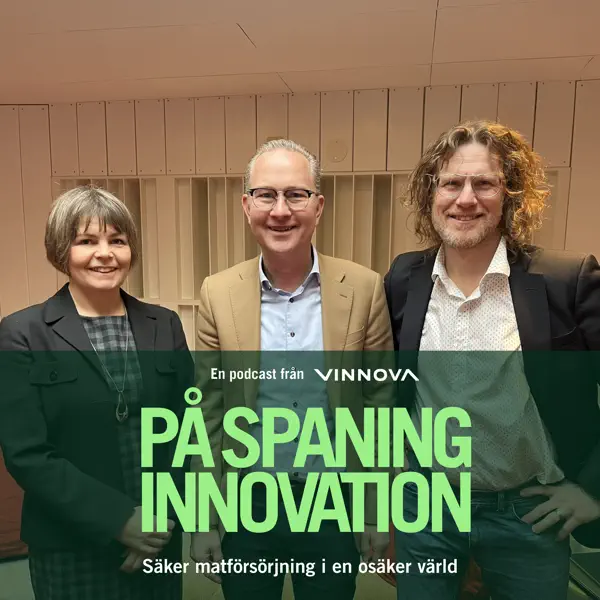
Podcast – Highlights & Takeaways
Why Sweden’s Food System Needs a Rethink
While it’s often said Sweden imports 50% of its food, this figure reflects trade value—not volume or nutrition. Sweden exports large amounts of grain but relies heavily on imports for fruits, dairy, meat, and processed foods.
The real vulnerability lies in dependence on external inputs—imported soy for animal feed, synthetic fertilizers, and fossil fuels—which threaten production during crises.
“We have to rethink vulnerability here. We have to adjust both to the future and to the changed conditions we will have. But also to be able to cope with an acute crisis like a pandemic or war or something like that.” — Alexander Alvsilver
Resilience isn’t just about quantity; it’s about how food is produced and whether systems can keep functioning in crises.

Resilience and Sustainability Go Hand-in-Hand
The panel agreed that food security isn’t just about stockpiling—it’s about systemic change. Solutions must reduce input dependencies and strengthen both local production and smart international trade.
Key solutions include:
- Replacing imported soy feed and synthetic fertilizers
- Shifting toward more plant-based, resource-efficient diets
- Supporting local, diversified production
- Ensuring trade remains a buffer, as seen during Sweden’s 2018 heatwave
“I think what Dapibuset is doing is a great example… If you can replace soy with domestically produced feed, it leads to both increased sustainability and better preparedness—especially if it happens at farm level, rather than in a single large plant that becomes vulnerable.” — Elin Röös
Innovation in Action
Micael and Fredrik both shared how their startups are developing practical, scalable innovations that turn local byproducts and waste streams into valuable resources—showcasing how circular, resource-efficient systems can strengthen Sweden’s food resilience.
Micael explained how Dapibuset’s on-farm fermentation technology enables farmers to upcycle existing crops and byproducts into protein-rich feed, reducing reliance on imported soy and cutting out long supply chains.
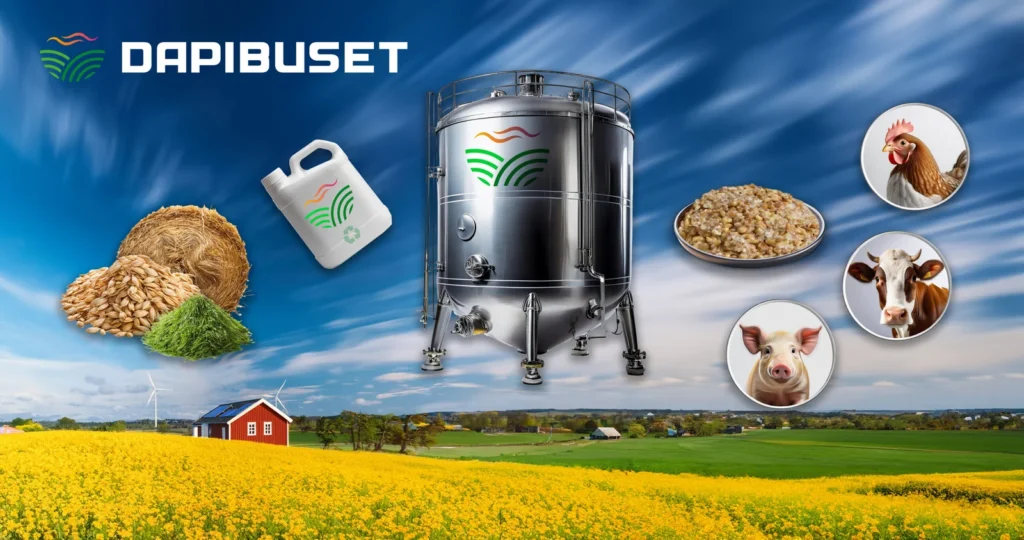
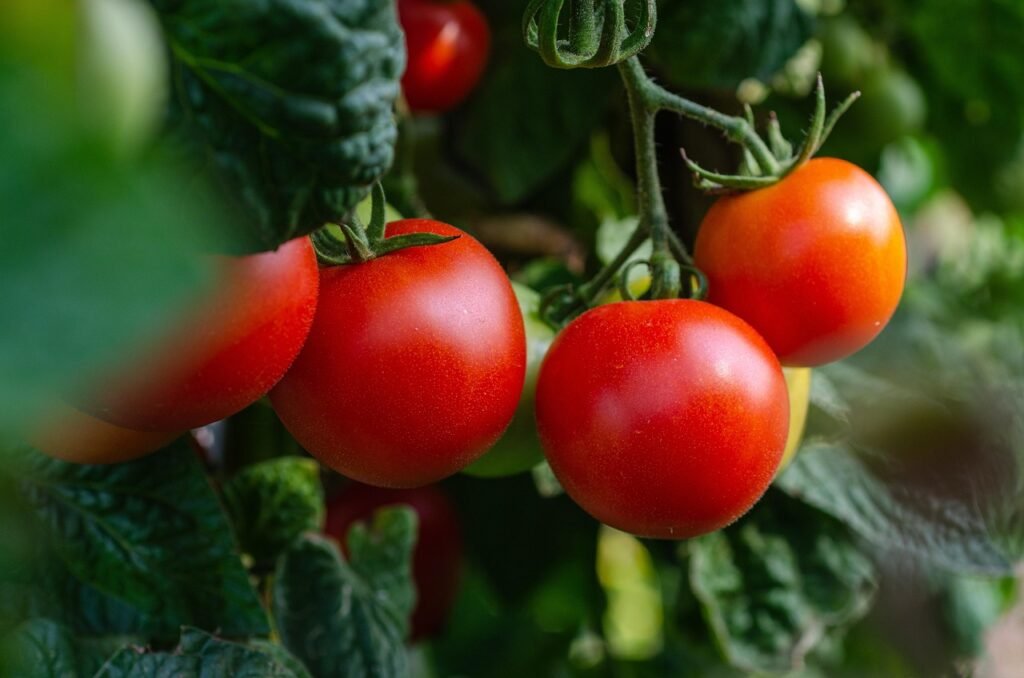
Fredrik described Regenergy Frövi, a WA3RM greenhouse project using waste heat from a cardboard factory to grow tomatoes in Sweden. Their pilot greenhouse will produce 8,000 tons—about 10% of Sweden’s tomato consumption—while reducing water use and import dependency.
“If we are going to talk about real innovation, it is really that we show on an industrial scale how to replace fossil and virgin raw materials with existing residual flows. Then you get an immediate effect on both the economy and the environment now. Then you actually contribute to increasing resilience in a production system.” — Fredrik Indebetou
This focus on repurposing existing resources is central to both Dapibuset and WA3RM’s work—turning surplus crops or industrial heat into scalable, resilient solutions for a changing world.
The Capital Challenge
One major obstacle highlighted in the discussion was the gap between innovation and implementation. While Sweden has a strong research and innovation base, many promising food system solutions struggle to scale due to limited market readiness, regulatory delays, and a lack of infrastructure.
Too often, innovations stall because there are few commercial pathways and limited access to early-stage investment—especially capital that values long-term impact over short-term returns. Micael emphasized that even with strong ideas and technology, bringing new food solutions to market in Sweden remains a significant challenge.
Policy & Regulation: Time to Catch Up
Alexander explained how Vinnova is working with regulatory authorities through innovation platforms and policy labs to bridge the gap between innovators and public systems—making it easier to test and scale new solutions.
The panel emphasized that outdated food regulations, both in Sweden and the EU, along with fragmented oversight, are slowing innovation.
To accelerate progress, we need:
- Streamlined rules and clearer regulatory guidance
- Improved collaboration across agencies
- Policy tools that address consumer behavior—such as pricing and marketing interventions
Effective policy is essential not just for innovation—but for shifting the entire system toward resilience and sustainability.
Consumer Behavior & Dietary Change
The panel emphasized that current eating habits—especially Sweden’s high consumption of meat and ultra-processed foods—undermine both public health and food system resilience. With nearly half the population overweight, shifting diets is critical.
While consumers seem free to choose, marketing and price incentives often promote unhealthy and less sustainable options.

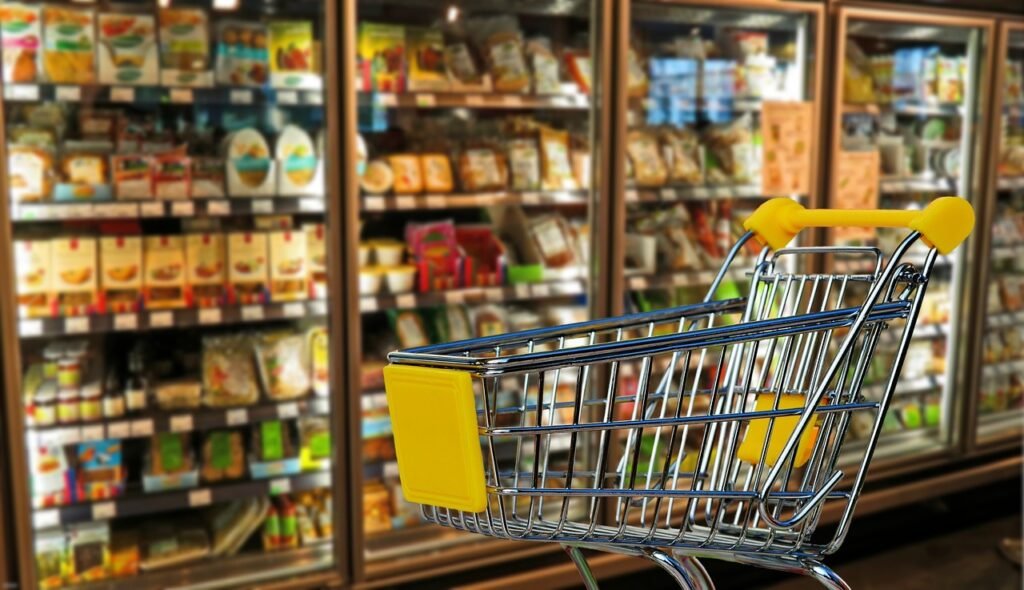
Key solutions include:
- Policy tools to improve food environments (e.g. pricing, marketing rules)
- Better education around sustainable, plant-based diets
- Making healthy options more affordable and accessible
Such measures are essential for shifting diets toward better health and sustainability.

Our Role in This Transformation
We’re proud to be building part of this solution—from the ground up. Our work contributes to:
- Preparedness by decentralizing protein production
- Sustainability by replacing imported soy with upcycled local crops, reducing food waste
- Circularity by transforming byproducts into valuable feed and food
- Innovation, by scaling biotech that works on the farm, not just in the lab
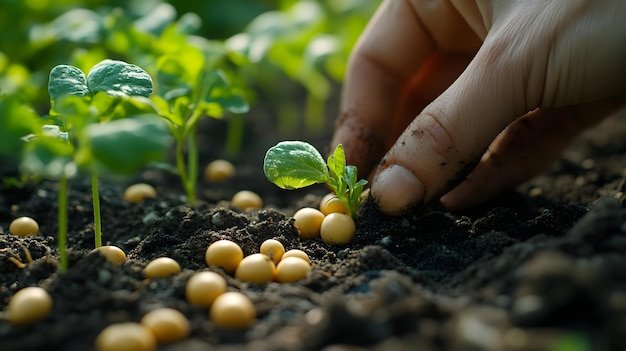
Thank you, Vinnova!
A big thank-you to Vinnova for facilitating this conversation—and to Daniel Holmberg for hosting it with insight and curiosity. We’re also grateful to our fellow panelists Elin, Alexander, and Fredrik for sharing their expertise and vision for a more secure, sustainable food future.
(No spam. Just real progress, when it happens.)

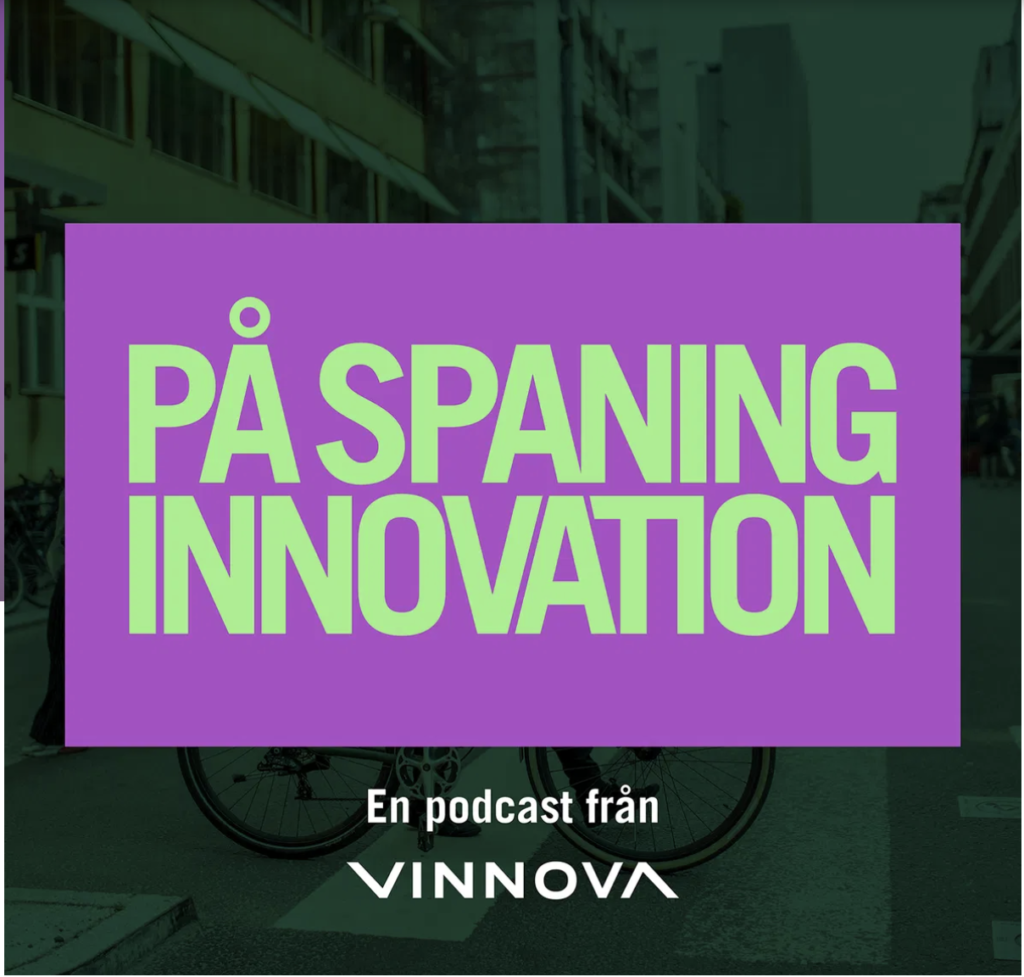
Leave a Reply